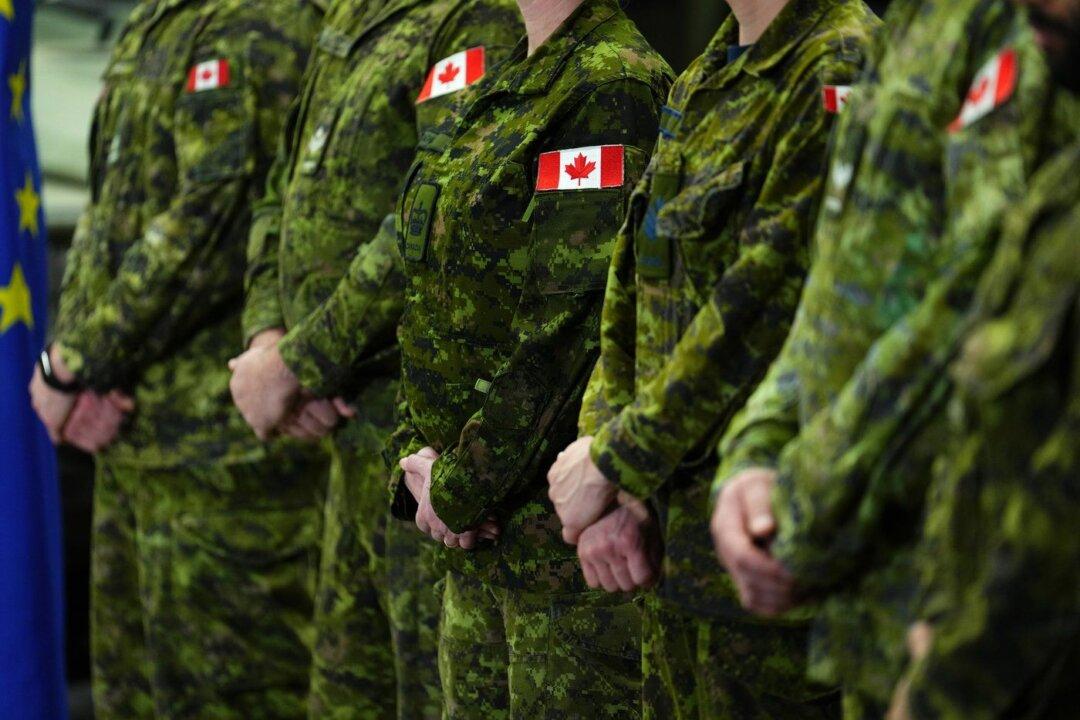The military’s independent sexual misconduct support and resource centre is creating a new fund to help victims pay for legal services, defence officials said Thursday.
The centre will review applications to reimburse military members and those who say they have faced misconduct by a military member for their legal fees for criminal proceedings, and for up to four hours of legal advice.





